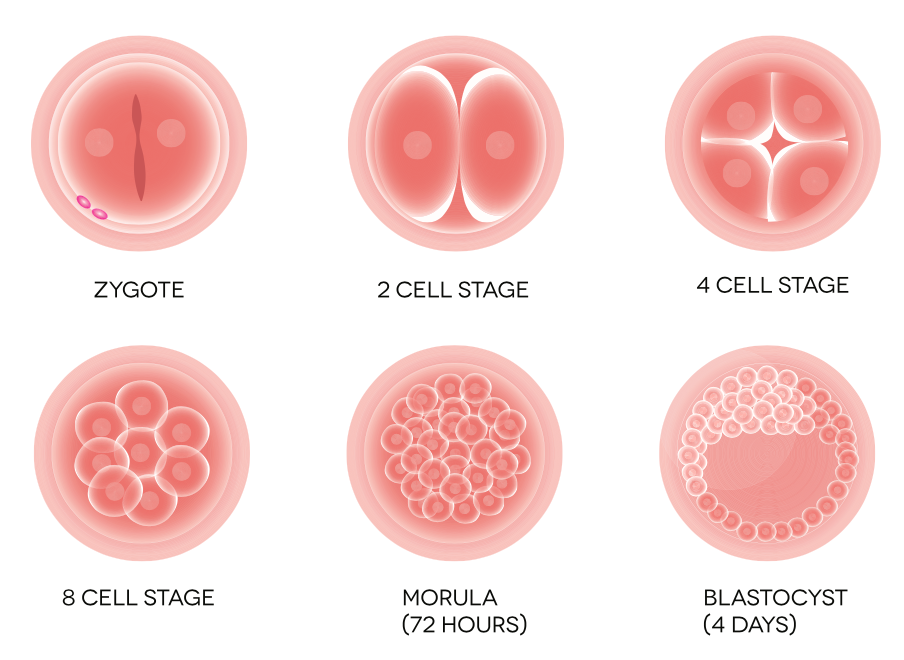Botany Notes On – Embryology – For W.B.C.S. Examination.
উদ্ভিদতত্ত্ব নোট – ভ্রূণতত্ত্ব – WBCS পরীক্ষা।
Embryology is a branch of science that is related to the formation, growth, and development of embryo. It deals with the prenatal stage of development beginning from formation of gametes, fertilization, formation of zygote, development of embryo and fetus to the birth of a new individual.Continue Reading Botany Notes On – Embryology – For W.B.C.S. Examination.
Two basic processes involved during conversion of a single-celled zygote to a complex, multicellular organism are growth and differentiation. Growth occurs by increase in cell number (cell division and multiplication) or cell size. On the other hand, cell differentiation is a complicated process in which the cell acquires special characteristics to perform specific functions. These lead to the formation of various tissues and organs assigned to perform specific functions.
Embryology is the discipline concerned with the study of embryogenesis, the development of the embryo from a fertilised egg cell. Findings in embryology have helped in the understanding of congenital abnormalities and developing assisted reproduction procedures.
Embryology is a vast field, which would require its own textbook to cover in even minimal detail. For the purposes of this chapter, the reader should understand that the maturational process from fertilized egg to term infant is ordered, proceeding according to a set schedule. The organism is first one cell (the zygote), which then divides, and this process is repeated over and over again. Initially these cells are undifferentiated; they have the potential to form any part of the developing body (i.e. pluripotent stem cells). However, over time, cells become progressively more differentiated. They acquire particular characteristics of the mature cell type that they will become and lose the potential to form other types of cells. As these initial pluripotent stem cells are differentiating into more specialized cells, the organism that is being formed by these cells is also progressively differentiating. The growing mass of cells develops an axis and gradually begins to form the major structures and organ systems of the human body.
Please subscribe here to get all future updates on this post/page/category/website


 Toll Free 1800 572 9282
Toll Free 1800 572 9282  mailus@wbcsmadeeasy.in
mailus@wbcsmadeeasy.in



















































































































